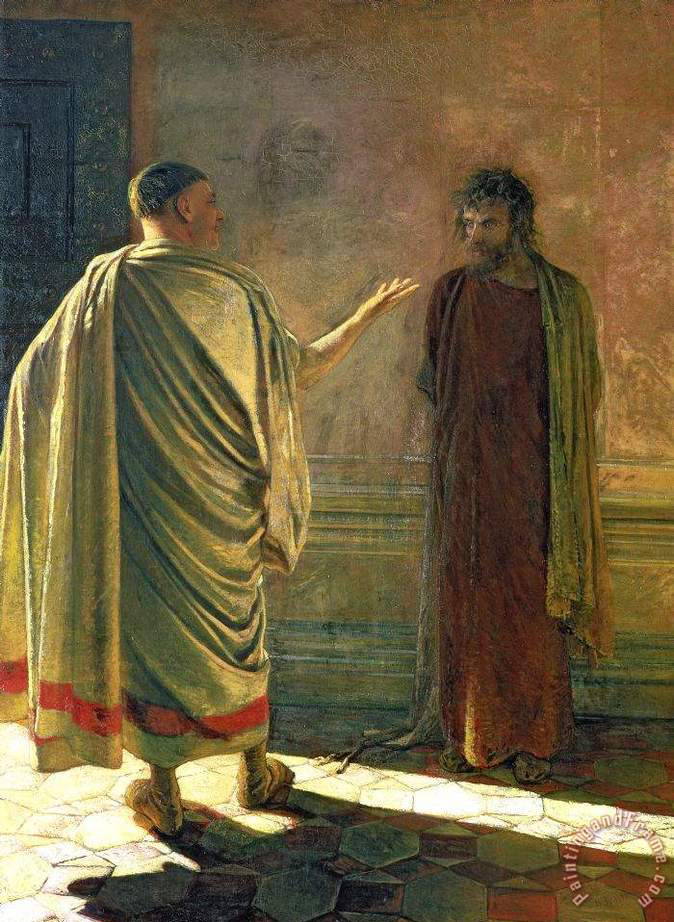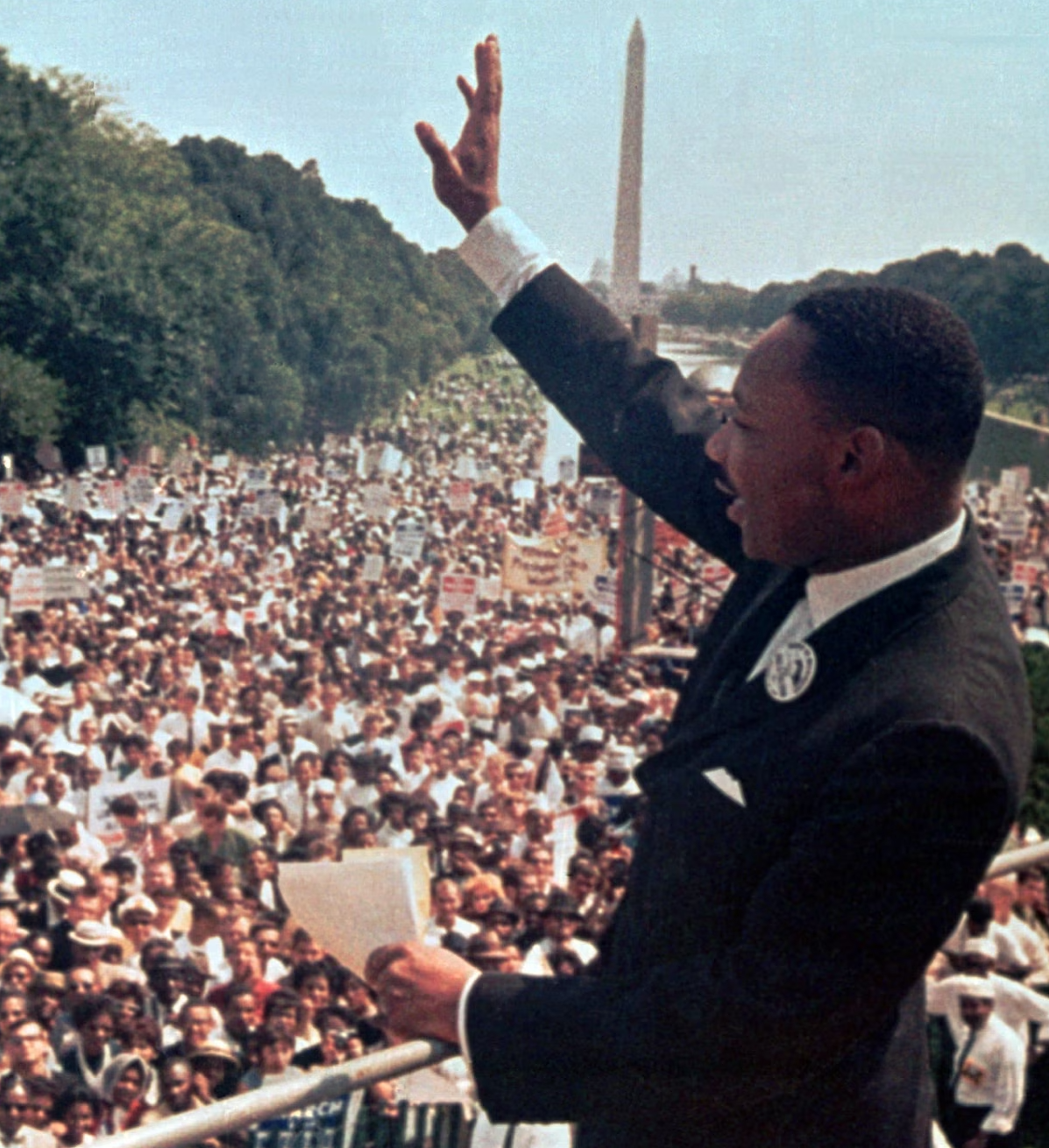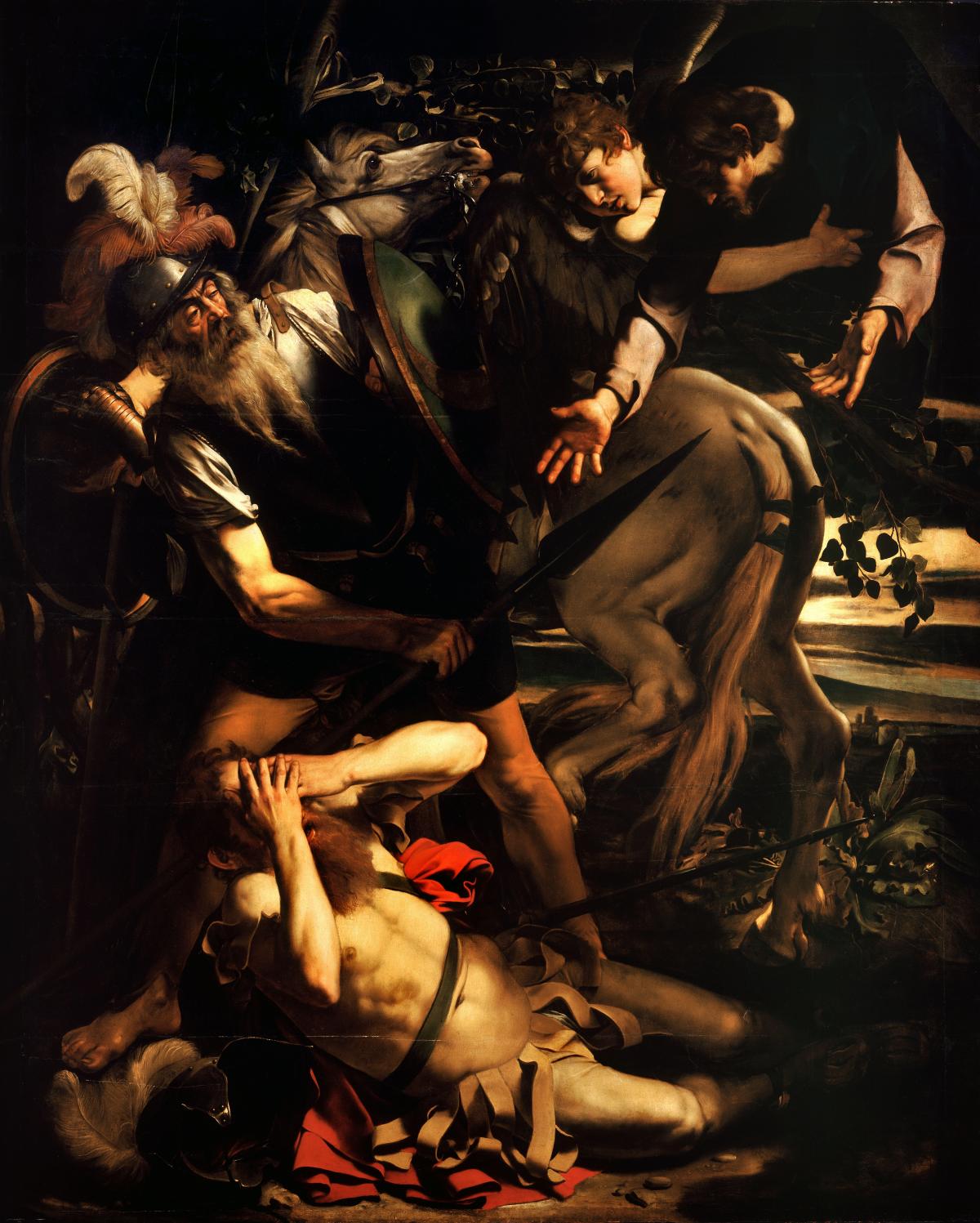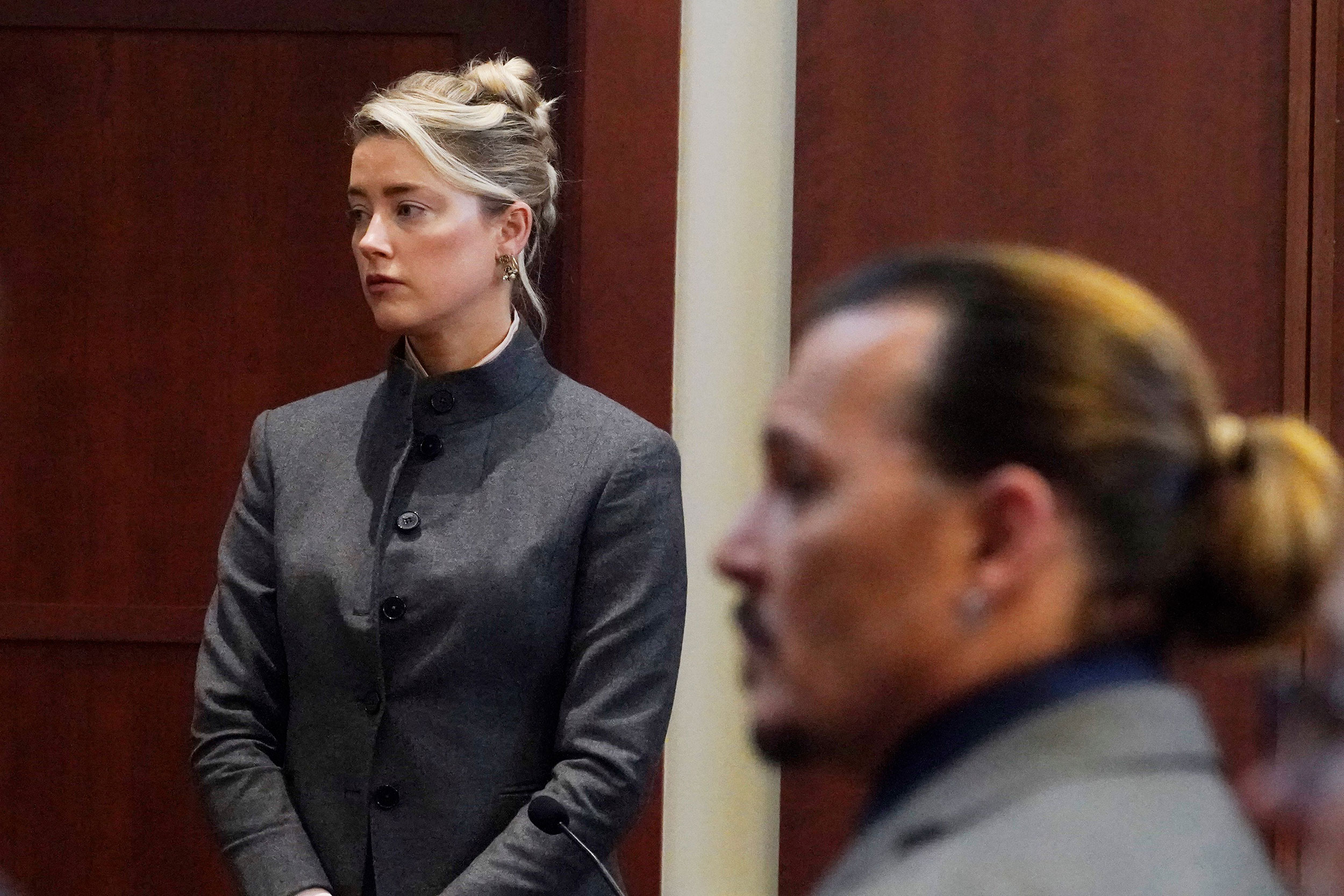I presented this sermon during my second year as a ministerial intern, at Sudbury Memorial Congregational Church, UCC, on November 25th, 2012. At the time I had not yet set up this, my “Ministerial Blog.” So, it was more or less forgotten until I rediscovered it the other day. Given its relevance to the current liturgical season, and also the challenging socio-political debates we all experience, it seemed helpful to publish it now.
Allen (Narrator)’s Prologue…
Today we celebrate “Christ the King” or “The Reign of Christ” Sunday, the last Sunday of the Liturgical year, a time when we ponder the meaning of Christ’s Lordship here on earth, and in our lives.
In pondering this issue, Tom and I focused on the topic of Fact vs. Faith. For us to allow the Son of God to have Lordship over our lives, then Christ must be real and tangible truth to us in some way. But, what does that mean? How do faith, fact and truth intersect? How does the truth of Christ become reality in our lives?
In 1975, James Cone, a well known African American Theologian, got right to the heart of this issue when he wrote that “Jesus is Black.” People were shocked by this, as you might imagine. Many rejected the idea, others tried to understand it as a metaphor. But Cone insisted, saying that his critics didn’t understand, the TRUTH is that for Black people, Jesus is Black.
He must be, otherwise, Jesus is not talking to those of us who are Black, but only to those who are White. In order for Jesus to speak to us, to really be what he says he is – God with Us – then, for Cone and many others, Jesus must be Black. Otherwise, Jesus is not someone that Cone can relate to as a Black person, as a member of a race that has been oppressed and marginalized for centuries because of the color of their skin.
In hearing this, our reaction may we be “But, that’s not the truth!”
Really? How can we be sure? …Does it matter?
In any debate, facts are rarely the real issue. If they were, the billions given to all those nonprofits for political advertising in the recent election would never have been donated, or spent. Instead, what is at stake in any debate is how we view the facts: What we believe those facts are telling us, and what facts are relevant to us in light of what we already know. In other words, it is what we believe that counts.
Facts can influence what we believe, and may cause us to modify our beliefs, but a fact by itself is meaningless and useless – it is our belief in that fact, and how that belief influences us and what we do, that makes all the difference.
As you can see, we’re doing things a bit differently for today’s Meditation and scripture reading. Tom and Kim are going to read the text, with Tom taking the part of Pilate and Kim taking the part of Jesus.
The setting is the morning after Jesus’ arrest. Jesus has already been convicted by the Sanhedrin and has now been handed over to Pilate. Pilate is about to begin cross-examining Jesus, to elicit the facts of the case before he determines Jesus’ fate.
We will read through the scripture twice. The first time will be uninterrupted. We will then go through it a second time, pausing at each critical point to provide background and commentary. Once done, we will have a time of silence to meditate on who Jesus is for each of us.
And now we will begin. The reading is John 18:33-37. You are invited to follow along in your bulletin…
John 18:33-37
Then Pilate entered the headquarters again, summoned Jesus, and asked him, “Are you the King of the Jews?” Jesus answered, “Do you ask this on your own, or did others tell you about me?” Pilate replied, “I am not a Jew, am I? Your own nation and the chief priests have handed you over to me. What have you done?” Jesus answered, “My kingdom is not from this world. If my kingdom were from this world, my followers would be fighting to keep me from being handed over to the Jews. But as it is, my kingdom is not from here.” Pilate asked him, “So you are a king?” Jesus answered, “You say that I am a king. For this I was born, and for this I came into the world, to testify to the truth. Everyone who belongs to the truth listens to my voice.”
The NRSV [New Revised Standard Version] Bible.
[PAUSE]
Tom and Kim’s Script… (used both times)
Narrator (Allen): So Pilate reentered the governor’s palace and called for Jesus to follow him.
[PAUSE]
Pilate (Tom): Are You the King of the Jews?
[PAUSE]
Jesus (Kim): Are you asking Me because you believe this is true, or have others said this about Me?
[PAUSE]
Pilate: I’m not a Jew, am I? Your people, including the chief priests, have arrested You and placed You in my custody. What have You done?
[PAUSE]
Jesus: My kingdom is not recognized in this world. If this were My kingdom, My servants would be fighting for My freedom. But My kingdom is not in this physical realm.
Pilate: So You are a king?
[PAUSE]
Jesus: You say that I am king.
[PAUSE]
Jesus [continued]: For this I have been born, and for this I have come into the cosmos: to demonstrate the power of truth. Everyone who seeks truth hears My voice.
Allen’s Script & Notes… (Second time through)
Allen: Now, as we said we’d do, we’ll run through the text again, this time pausing at each critical point.
Narrator (Allen): So Pilate reentered the governor’s palace and called for Jesus to follow him.
[PAUSE]
Allen: By inviting Jesus into the governor’s palace, Pilate is demonstrating to Jesus that Pilate is the one who is in control, that things are going to play out according to Pilate’s rules. Pilate believes he has control of the situation…
Pilate (Tom): Are You the King of the Jews?
[PAUSE]
Allen: Pilate was the son of one of the most prominent patrician families in Rome, a family that had been in the center of Roman political and economic power for generations – a power that was accepted by everyone at the time. Pilate was used to having and exercising power, and had been educated in the best schools, schooled in logic, debate, rhetoric, and Roman Law.
So, he knew about facts. By asking “Are You King of the Jews?” Pilate is asking Jesus to confirm that the facts are as Pilate already knew them to be.
But, Jesus goes a level deeper, responding to Pilate in a completely unexpected way…
Jesus (Kim): Are you asking Me because you believe this is true, or have others said this about Me?
[PAUSE]
Allen: Astonishingly, Jesus is not concerned with what the facts are, but with what Pilate believes. This question cuts right to the chase, short circuiting any potential for bickering over whose facts are relevant or true, and throwing it all back at Pilate, asking the only question that really matters – “What do you believe?”
Pilate doesn’t grasp this, and so proceeds by reciting the facts as he knows them…
Pilate: I’m not a Jew, am I? Your people, including the chief priests, have arrested You and placed You in my custody. What have You done?
[PAUSE]
Allen: Pilate is still focused only on the facts, and his facts are these: I’m not a Jew. You’ve been arrested by your own people. You are now in my power. So, based on these facts, Pilate demands a new fact: “What have you done?”
But, Jesus is not concerned with these facts. Jesus is trying to help Pilate see the bigger picture. The issue is not about Jesus’ fate, which Jesus is already certain of. The issue is what does PILATE believe – what does Jesus’ existence mean to Pilate?
So, Jesus tries to get Pilate off of this fact-based line of thought. Jesus tries to get Pilate to understand that Jesus’ Kingdom is something bigger, something deeper, something harder to grasp than a straightforward claim to worldly power and prestige…
Jesus: My kingdom is not recognized in this world. If this were My kingdom, My servants would be fighting for My freedom. But My kingdom is not in this physical realm.
Pilate: So You are a king?
[PAUSE]
Allen: Pilate is still going down the fact-based road, he just doesn’t get it! I must say that history does not have a high opinion of him or his capabilities. He was described by some of his contemporaries as unimaginative and inflexible.
What Pilate seems to have gotten is that the truth is that Jesus is claiming to have a Kingdom. What Pilate isn’t accepting – isn’t believing – is the other fact Jesus presents, which is that it is a Kingdom that is not of this world.
Jesus: You say that I am king.
[PAUSE]
Allen: Jesus is saying that Pilate has admitted that Jesus is King. But note the subtle difference between what Pilate said “So, You are a King” and how Jesus responded: “You say that I AM King” … “A King” vs. “I AM King” … Jesus is not only pointing out what Pilate believes, but emphasizing that Christ is not a King of this world, but is the Great I AM, the one and only King of the entire Cosmos.
Jesus [continued]: For this I have been born, and for this I have come into the cosmos: to demonstrate the power of truth. Everyone who seeks truth hears My voice.
Allen: Now we get to the heart of it. This discussion was never about the facts, but about the Truth, and Pilate – like any good politican – would know this. No discussion is ever about the facts, but is rather about what people believe. Facts are tools that we employ to support our beliefs.
And facts are important tools, admittedly, because if the facts everyone accepts don’t support what we believe, then we feel rootless, broken, oppressed.
Jesus claims to have come to demonstrate the power of truth. Truth is beyond a mere recitation of individual facts and statistics. Truth is deeper than that. Truth requires belief, and truth is believable only if we find it to be relevant to us. Truth is also powerful: it helps us understand who we are, where we are, how we relate to our past, and what we aspire to in the future.
Truth is powerful. It is truth that overturned the accepted fact that once governed this land, which was that Blacks were less capable than whites, and happy in their enslaved condition. It is truth that is overturning our own conceptions of who can marry whom. And, it is truth, the truth that Jesus loves each and every one of us, just as we are, that enables us to overcome the judgment and oppression of this world, and to be the persons God created us to be.
If we seek truth, we will hear Jesus’ voice. Pilate hasn’t heard, but do we?
How does what we believe make Jesus relevant to us?
Let us now sit for a moment and ask ourselves “How does what we have learned here this morning help us to reject the accepted wisdom of the world and stand for the truth that is embodied in the Gospel of Christ?”
Delivered at Memorial Congregational Church UCC in Sudbury MA, November 25, 2012: (Reign of Christ Sunday).
Copyright 2023, Allen Vander Meulen III, all rights reserved.
This work is licensed under a Creative Commons Attribution-NonCommercial 4.0 International License.









